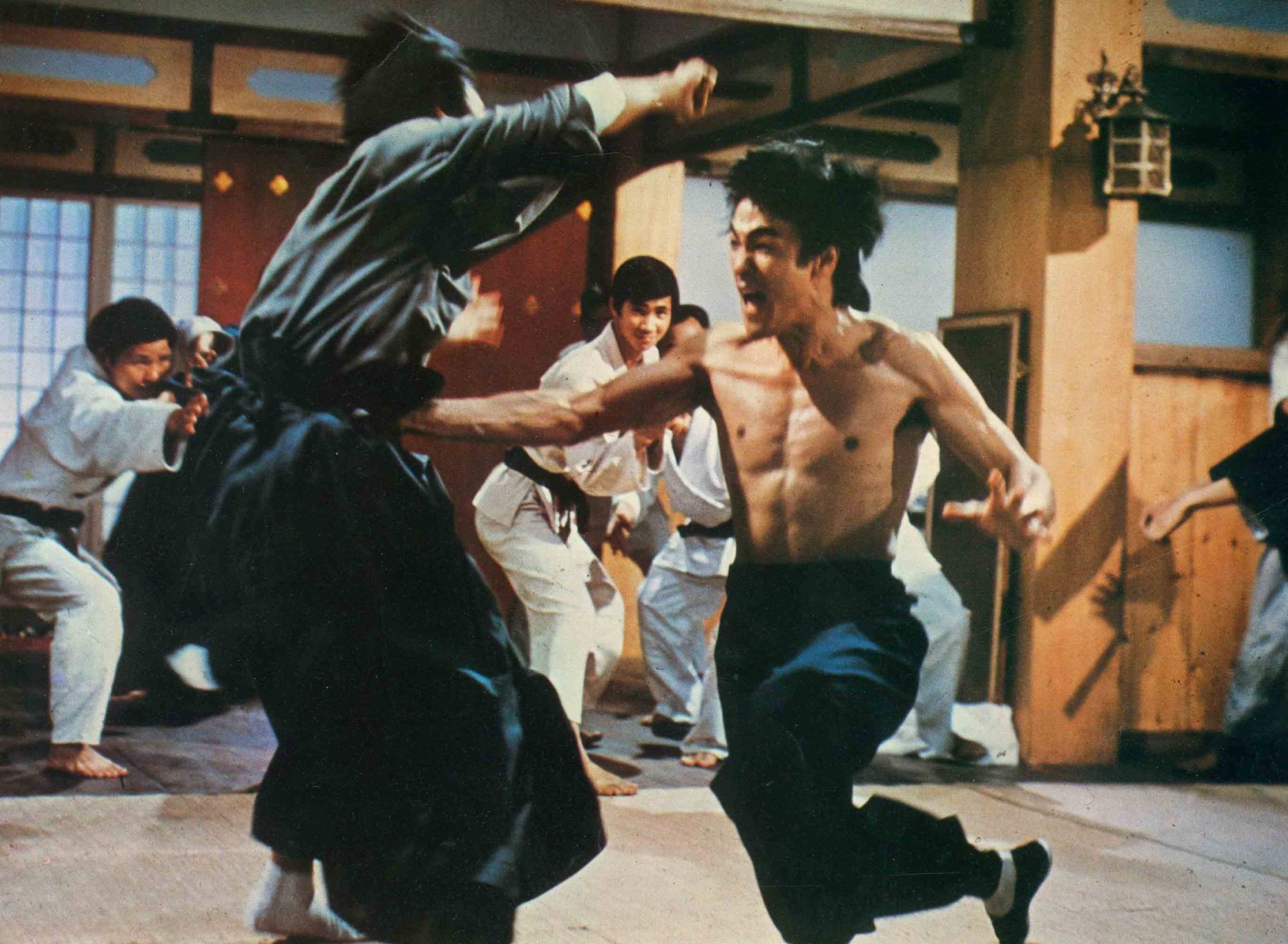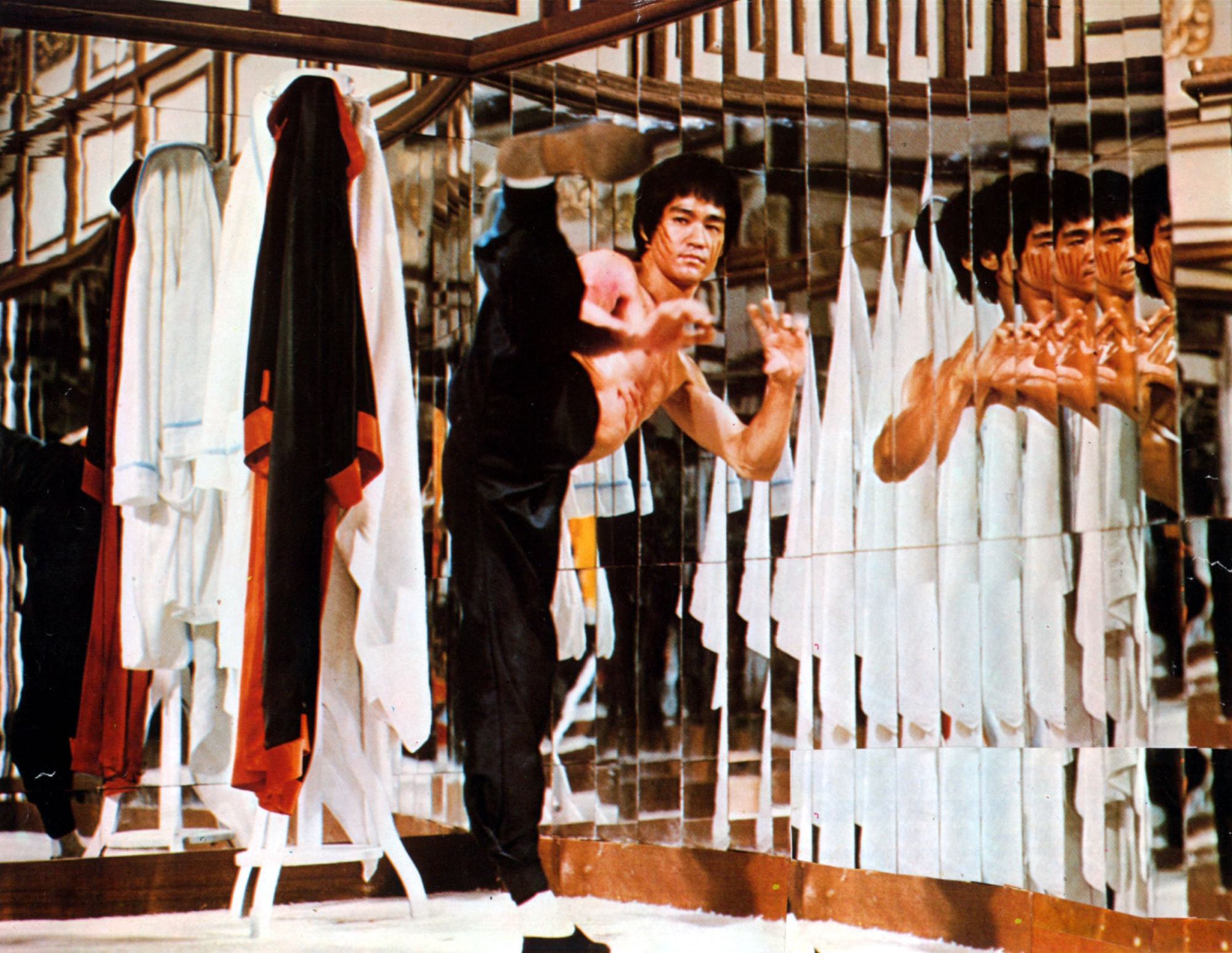
What killed Bruce Lee? 4 leading theories medical and martial arts experts proposed after his shock death 50 years ago in July, 1973
- Fluid build-up on the brain was given as the official cause when Bruce Lee died in 1973, but there was always doubt as to what exactly killed the martial artist
- We look at some of the leading theories put forward at the time and more recently, from the actor’s use of cannabis to heatstroke to drinking too much water
Bruce Lee’s unexpected death on July 20, 1973 sent shock waves across the world.
Today, fans continue to mourn and pay emotional tributes to the martial arts legend, but people still don’t really know why he died.
At the time, doctors cited a fluid build-up in Lee’s brain as the official cause of death, but they did not give a clear explanation as to why the excess accumulation of fluid occurred.
Ahead of the 50th anniversary of Lee’s death, we recall some of the theories put forward to explain his death.
1. Cannabis use

Traces of cannabis were found in Lee’s stomach and small intestine when he died, according to a Post article dated September 19, 1973. As a result, some Hong Kong doctors believed that the brain swelling could have been brought on by ingesting marijuana.
Lee had previously been diagnosed with cerebral oedema on May 10 – just two months before his death – after he collapsed at a film studio and was in critical condition, according to Post articles from July 22 and September 21, 1973.
Bruce Lee ‘never before seen’ footage to be shown 50 years after his death
There, he was treated by neurosurgeon Peter Wu, who believed that cannabis use was a potential factor in Lee’s brain swelling.
However, this was, and remains, speculation – no causal link has ever been documented between cannabis use and and cerebral oedema.
2. Hypersensitivity to aspirin or meprobamate

Shortly before Lee died, he was in actress Betty Ting Pei’s home on Beacon Hill Road, in Kowloon, Hong Kong, and complained of a bad headache.
He smoked some marijuana and Ting gave Lee an Equagesic pill, which contains meprobamate and aspirin, to relieve his pain. He then lay down to rest, but Ting was unable to revive Lee in the evening.
Leading pathologist Robert Donald Teare, who was a professor of forensic medicine at the University of London at the time, proposed that it was a hypersensitivity to the aspirin or meprobamate in the drug, or a combination of the two, that led to the cerebral oedema.

But, as with the cannabis theory, aspirin or meprobamate could not be definitively confirmed as the cause of death because neither are known to cause brain swelling. Ting also noted that Lee had taken Equagesic previously.
3. Heatstroke
In the two months before his death, Lee had lost 15 per cent of his body weight because of overwork, and weighed only 54kg (119lb).
The actor had also had his sweat glands removed from his armpits a few months earlier to avoid having sweaty armpits on screen, so his body’s ability to dissipate heat would have been lower than typical, Polly writes.
Is Fist of Fury Bruce Lee’s best film? The story behind its making
On May 10, when Lee collapsed while dubbing Enter the Dragon, the air conditioning in the dubbing room had been turned off to avoid sound issues with the recording. At the time, the actor exhibited high temperature, weakness, vomiting, loss of consciousness and more – all symptoms consistent with heatstroke.
Polly believes that Lee’s second collapse could have happened as a result of similar circumstances, and overheating could have been the cause of the headache that Lee mentioned having on the day of his death.
4. Drinking too much water
Is Fist of Fury Bruce Lee’s best film? The story behind its making
When he died, Lee’s lifestyle had put him at risk of hyponatraemia.
He had “chronic fluid intake” by virtue of his alcohol- and juice-based diet, smoked marijuana, and had also damaged his kidneys previously.

“This may lead to hyponatraemia, cerebral oedema and death within hours if excess water intake is not matched by water excretion in urine.
“Given that hyponatraemia is frequent, as is found in up to 40 per cent of hospitalised persons, and may cause death due to excessive water ingestion even in young healthy persons, there is a need for a wider dissemination of the concept that excessive water intake can kill.”

